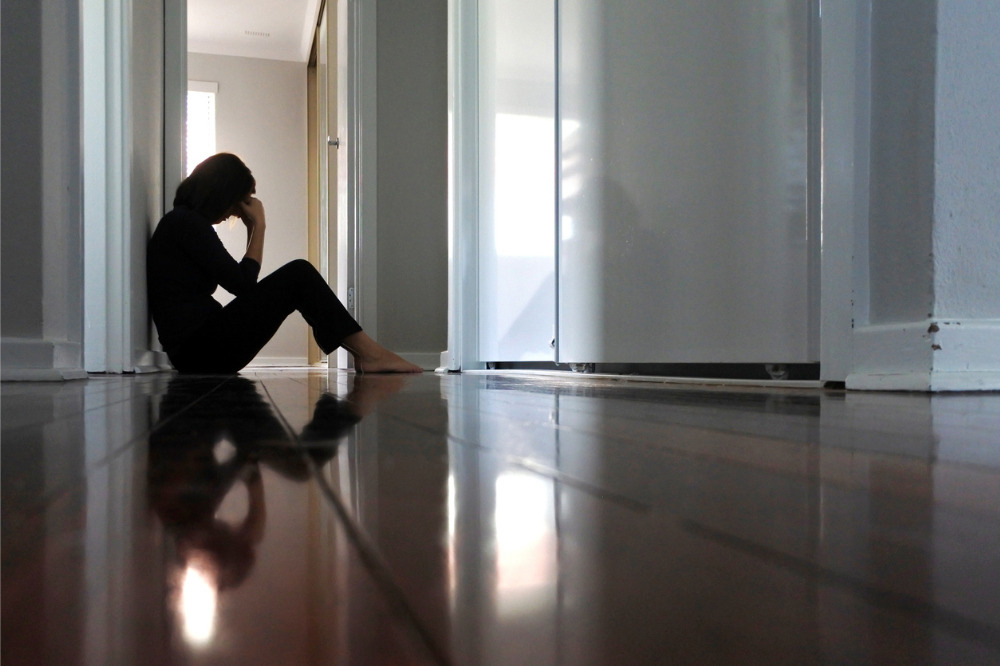While all Australians are feeling the pinch from surging interest rates and rising cost of living, it is young adults who are most pressured when it comes to housing, a new study has revealed.
A new AHURI report used a risk-pathway model to identify which demographics might experience housing stress after certain life events but are not yet eligible for support, and if they’re likely to recover from it without intervention.
The research led by UNSW Canberra, which was based on data from Household, Income and Labour Dynamics in Australia (HILDA) Survey, found that age is the biggest predictor of whether someone will experience housing stress. Australians under 25 are 214% more likely to enter housing stress than those aged 65 and above – but are also more likely to recover from it.
The risk reduces slightly to 154% for 25–34-year-olds and 156% for those aged 35–44.
“Life events that impact housing stress can occur more rapidly for younger people who have not had a chance to build up the safety net to fall back on, such as savings from their career or support systems,” said Hazel Easthope, deputy director of UNSW’s City Futures Research Centre and a report co-author. “But the impact of housing stress can be extreme, no matter the age.”
Next to age, employment was the biggest predictor, with those unemployed 144% more likely to experience housing stress than the people who are employed full-time. Not having university education is linked with a 78% higher risk of experiencing housing stress.
Findings also showed that renters are 125% more likely to experience housing stress than homeowners. Renters are less likely to recover from it, with the probability of recovering in the first year of entering housing stress at 39.4% for renters and 48.9% for homeowners.
“Renting is much more insecure than homeownership,” Easthope said. “It’s a particularly insecure tenure in Australia, more so than in many other countries, because of our limited protections for renters, including allowing no grounds terminations and unlimited rent increases.”
Australians aged 65 and above who own their own home, have a postgraduate degree, and are employed full-time are the most resilient to housing stress. But they are also much less likely to exit it if they do.
“For older people, if they use up all their resources, they may not be able to easily pivot in the job market or have certain obligations which make it less likely they will recover if they fall into housing stress following a critical life event,” Ghasri said.
The critical life events that serve as the greatest contributors to housing stress are the birth/adoption of a child, separation, marriage, giving care to a family member, or being let go or made redundant, the study found.
Have a thought about the study findings? Include it in the comments below.


